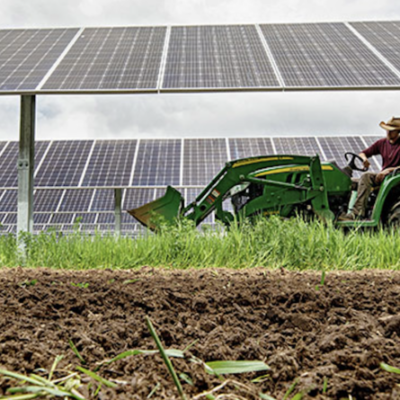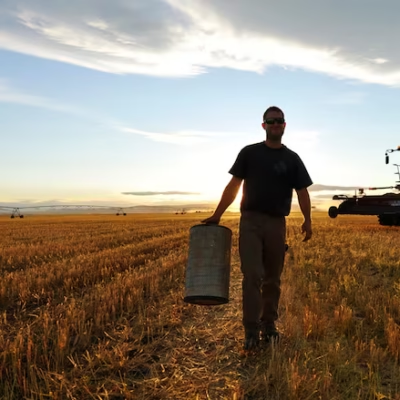Europe on High Alert
European leaders have convened an emergency summit to discuss the escalating crisis in Ukraine. The meeting, held in Brussels, aims to address Russia’s growing aggression, the humanitarian crisis, and the potential expansion of military aid. With rising fears of an intensified conflict, the international community is closely monitoring the outcomes of this high-stakes meeting.

Why This Summit Was Called?
- Russia’s Military Escalation: Recent military movements and increased Russian attacks on Ukrainian cities have triggered alarm across Europe.
- Ukraine’s Urgent Plea for Help: The Ukrainian government has called on European nations for immediate military and financial assistance.
- Energy Crisis Worsening: Russia’s control over energy supplies continues to threaten European economies.
- Humanitarian Disaster: Millions of Ukrainians are displaced, seeking refuge in neighboring countries.
- Potential NATO Involvement: Growing concerns that NATO may need to take stronger action if the conflict escalates further.
- Cybersecurity Threats: Reports suggest Russia is intensifying cyberattacks on Ukrainian infrastructure and European institutions.
- Political Instability in Eastern Europe: Neighboring countries are worried about potential Russian incursions beyond Ukraine.

Key Discussions at the Summit
1. Strengthening Sanctions Against Russia
- New Economic Sanctions: Discussions on increasing economic restrictions on Russian banks, businesses, and political figures.
- Targeting Energy Exports: European leaders are considering further limits on Russian oil and gas imports.
- Punishing Companies Supporting Russia: International corporations continuing business in Russia may face penalties.
- Exploring Alternative Energy Sources: EU nations are investing in renewable energy and increasing imports from non-Russian suppliers.
2. Military and Defense Aid to Ukraine
- More Weapons and Equipment: The EU is debating sending additional military support, including air defense systems and tanks.
- Training Ukrainian Soldiers: Several countries, including Germany and France, have pledged to expand training programs for Ukrainian forces.
- Possible No-Fly Zone?: Although controversial, some officials are pushing for an enforced no-fly zone over parts of Ukraine.
- Increased Intelligence Sharing: European nations are ramping up surveillance and intelligence coordination to counter Russian military strategies.
3. Addressing the Humanitarian Crisis
- Increased Refugee Support: Countries like Poland, Romania, and Germany are calling for more financial and logistical aid for refugees.
- Medical Assistance: Plans to send more doctors, medical supplies, and emergency response teams to affected areas.
- Food and Shelter Initiatives: EU leaders are working with international organizations to ensure displaced Ukrainians receive proper aid.
- Long-Term Resettlement Plans: Strategies to integrate refugees into European societies through job programs and education initiatives.
European Nations’ Stance on the Conflict
- Germany & France: Strongly pushing for increased military aid while advocating for diplomatic solutions.
- Poland & Baltic States: Calling for aggressive measures against Russia, including stronger sanctions and direct military intervention.
- Hungary & Austria: More cautious approach, focusing on humanitarian aid and diplomatic talks over military escalation.
- United Kingdom: Advocating for maximum pressure on Russia, including additional military and cyber defense support for Ukraine.

How This Crisis Affects the World?
1. Global Energy Markets
- Oil and gas prices continue to surge as Europe reduces reliance on Russian energy.
- Countries are seeking alternative energy suppliers, including the U.S. and Middle Eastern nations.
- Increased demand for renewables as European nations accelerate the transition to green energy.
2. Economic Consequences
- European stock markets remain volatile due to uncertainty in the region.
- Inflation concerns rise as energy prices impact global supply chains.
- Disruptions in grain and food exports from Ukraine impact global food security, especially in Africa and Asia.
3. Geopolitical Ripple Effects
- Increased tensions between Russia and NATO raise fears of broader military conflicts.
- Other countries, such as China and India, are closely watching how Europe handles the crisis.
- Potential diplomatic shifts as neutral nations reassess their security policies.
- The possibility of further expansion of NATO as Finland and Sweden express security concerns.
What Happens Next?
- The summit is expected to conclude with a series of announcements regarding military aid, sanctions, and humanitarian relief.
- European nations will likely coordinate their strategies with NATO and the United Nations in the coming weeks.
- The situation remains fluid, with further emergency meetings likely if tensions continue to escalate.
- Further economic relief packages for Ukrainian reconstruction efforts are being discussed.
- Talks of a potential ceasefire negotiation involving third-party mediators such as Turkey or the United Nations.
Conclusion: A Defining Moment for Europe
This emergency summit marks a critical moment for Europe’s leadership. The world is watching as EU nations decide their next moves in response to Russia’s aggression. The outcome of this meeting could shape the future of Ukraine, European security, and global geopolitics. The decisions made here will not only affect Ukraine but also redefine Europe’s role in global stability for years to come.
Marco Rubio’s Urgent Panama Visit: U.S. vs. China in Canal Battle!






